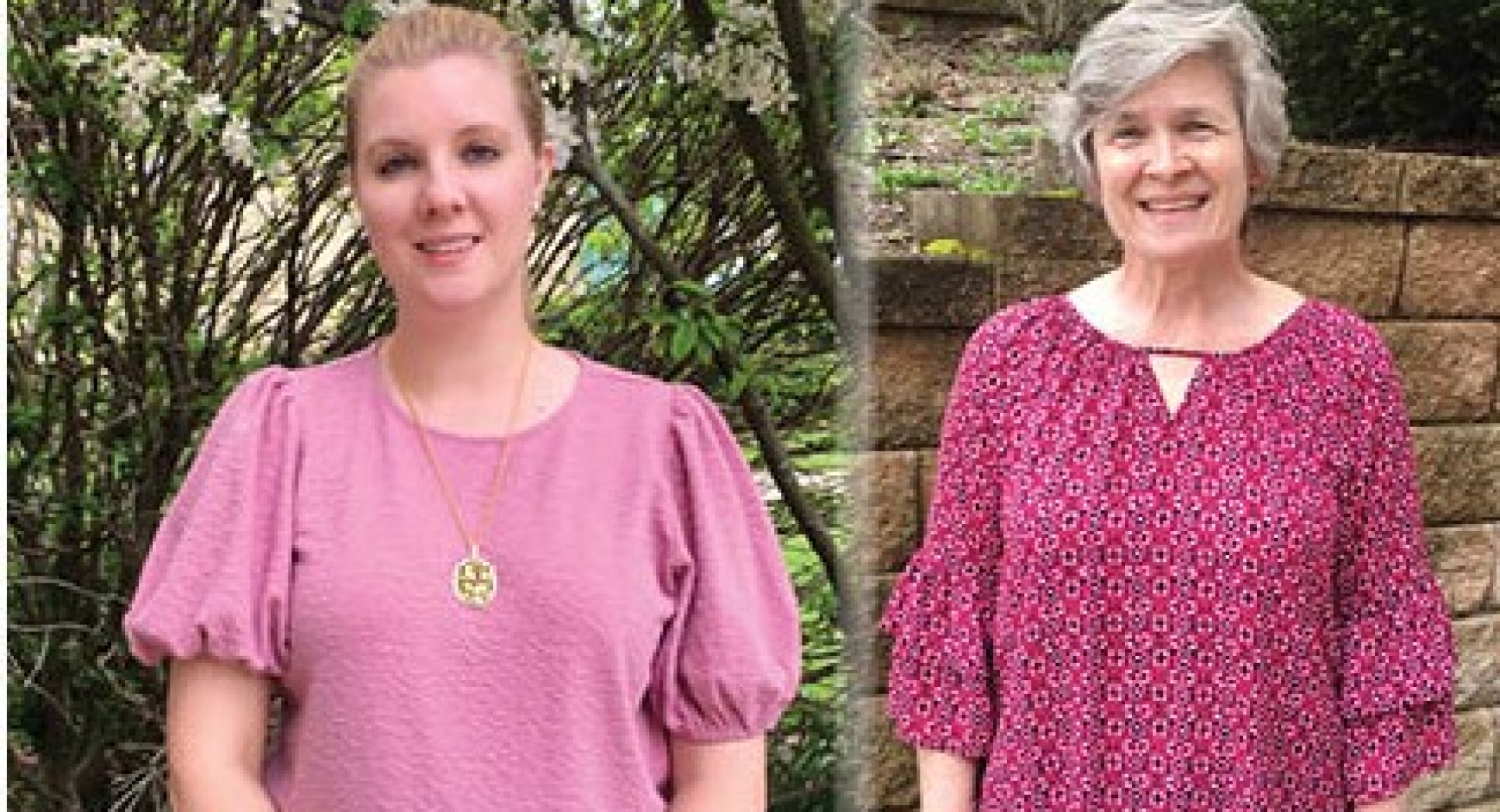Conversations in Grief Blog: Stolen Smiles

Stolen Smiles
by Hilary Furnish

My first trip to the grocery store after the CDC recommended face masks was awkward. I am one of those people who smile and talk to strangers; I make small talk about the weather or get excited about a deal on produce. A routine shopping outing is now awkward as we are conscious of keeping our distance–people are wary of the possibility of infection–and now our facial expressions are hidden behind a mask. I am still smiling but no one can see it. Most people skirt away from each other out of fear of contaminating or being contaminated and no one makes small talk except the people working the registers.
The lack of smiles was most striking. When you grow up in the Midwest, smiling is like breathing; you just do it. Somewhere in our DNA, Midwesterners have a gene that activates and requires us to smile and talk about the weather. So, to see no smiles when shopping just does not happen. Aisles of masked shoppers doing their best not to get too close brought home the reality of all that COVID-19 has robbed from us. It has taken our gathering with loved ones, jobs, in-person school, parties, trips, and now has stolen our ability to smile at one another. The mask on my face began to feel very heavy.
Loss takes and takes. It is often the small things, like wearing a mask or walking in a new pattern at a grocery store, that paint a clearer picture of how much has been taken. When we lose a loved one, the reality of them not being there is evident. But the loss confronts us in the small things like an unused toothbrush or a favorite pair of shoes by the front door. COVID-19 has forced us to make our lives fit with it, with new restrictions and boundaries. It has been costly. It has touched almost every area of our lives in some way, right down to our smiles. So how do we cope when the loss is great and the cost is high? We learn to adapt to the new way of living one step at a time.
As months have passed, I noticed the smiles coming back. Not because people have stopped wearing masks but because we have learned to look at people’s eyes as a way to gauge their expressions. Eyes cheerful with brows raised signal that the patterned mask that stranger six feet away is smiling at you. They too have lost much but are adapting and they have learned to smile differently so you can see it in their eyes. With grief and loss, we are often forced to adapt to living life in a different way. Not a better way but a different way.
It is in the small changes, where we now sit at the table or in purchasing a different brand of coffee, that we embrace the reality of our loss. At first, the conscious decisions to do things differently are painful but eventually they become part of how we live. We learn to keep living without our loved one, internally kicking and screaming as we take our first steps. In the same way, we have been learning to live under the weight of COVID-19. A mask on our face may feel like a heavy blanket just as grief often becomes a weighty companion. Nevertheless, in time we make peace with this new presence in our lives. We take the necessary steps to live with it, and in spite of it, one choice at a time.